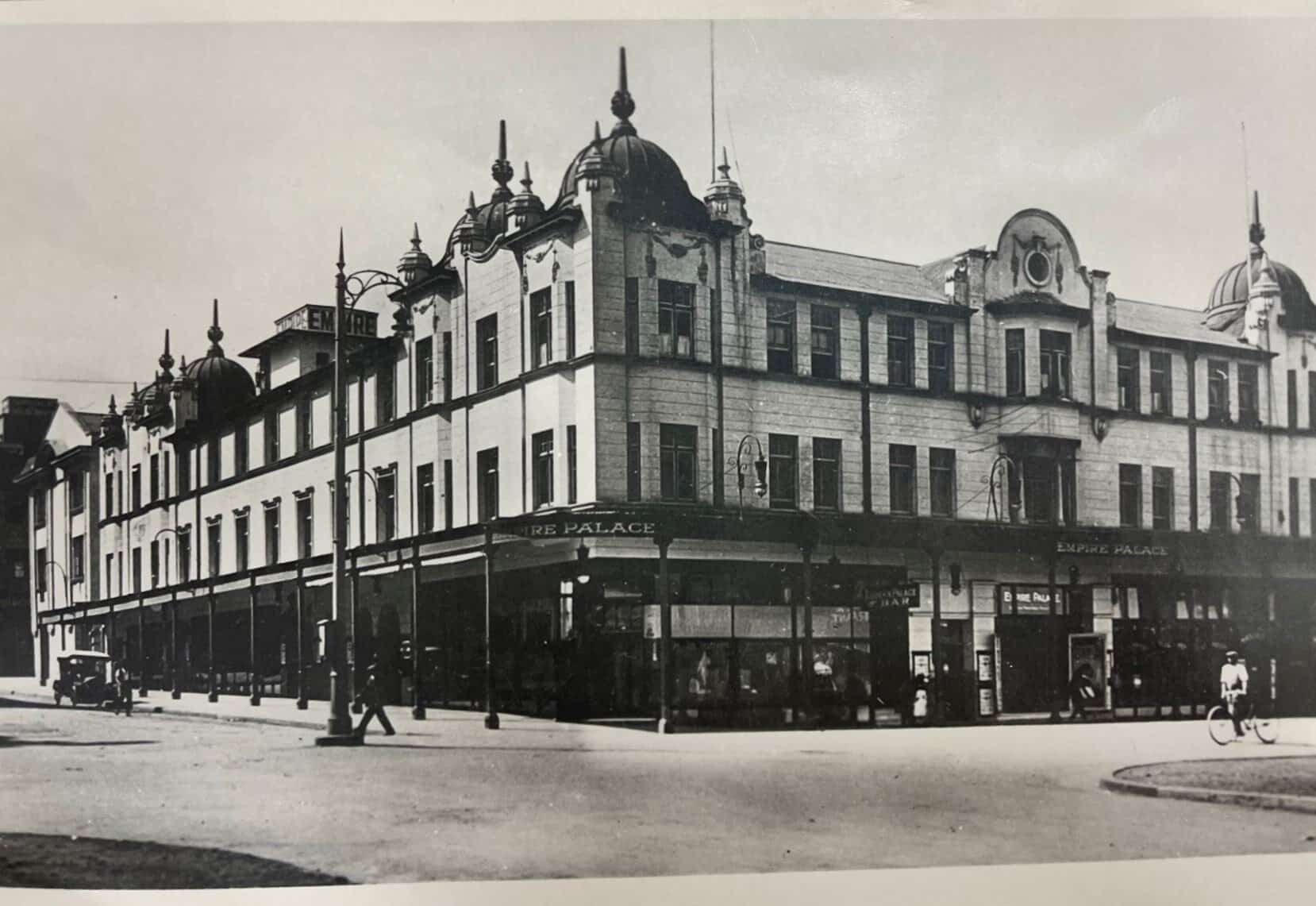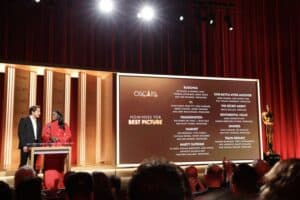'When you look at what he achieved, it is astonishing.'

Before Tom Cruise came to Mzansi to shoot his new Mission Impossible movie, before District 9 gave locally created alien tin cans a cult following, there was Killarney.
Not the mall, not the office blocks or leafy streets. A hundred years ago it was more veld than suburb, a little off the beaten track. But for a brief period, it became our version of Hollywood.
At the same time as the film and movie industry was starting to take shape as an industry in California, with Charlie Chaplin and others laying the foundations of what would become the movie capital of the world, Isidore William Schlesinger, better known as IW, was doing the same in South Africa.
In 1913, after founding and successfully running everything from insurance companies to banking ventures, he moved into the top floor of the Carlton Hotel.
It was already the city’s most glamorous address, although only six storeys high at the time. From there, he set about building a movie empire the country had never seen before.
Hollywood on the Highveld
This is the historical spine of Hollywood on the Veld, the new book by author and journalist Ted Botha, also known for Apartheid in My Rucksack and Daisy de Melker.
The book is extremely well-researched, and while it’s not fiction, it reads like a novel.
“It was its own little Hollywood, right here in Joburg,” said Botha. “There was glamour, gossip, intrigue and ambition. But no one remembers it.”
Hollywood on the Veld was born out of a mystery.
Botha said he stumbled across two black and white photos as a child, depicting a South African film set dated around 1917. It clashed with what he had always been told, that the country had no real film industry at the time.
Over time, what began as curiosity became a full-blown investigation into a forgotten chapter of local history and the man behind it.
Also Read: Chris Carter’s ‘Death Watcher’: Unputdownable
“Schlesinger had a vision,” said Botha. “But did not like publicity, so it was difficult finding information.”
“He bought the Killarney land, and people thought he was mad. It felt like the middle of nowhere back then.”
What followed was a decade of movie-making that rivalled the scale of cinema’s only other major centres at the time, Los Angeles and Rome.






Joburg was dusting off the mining camps and becoming a city
Johannesburg was a city on the up and up, dusting off its mining camp beginnings to become a major city.
Showbusiness was emerging. Cinema, however, was not a money spinner at the time. But Schlesinger saw the potential.
In 1913, he bought a failing movie theatre called Empire Theatre and turned it into African Consolidated Theatres, slowly building a nationwide film and variety show network.
He founded South Africa’s first film studio, African Film Productions, and launched the country’s first newsreel, African Mirror.
“Schlesinger then built his own studio, ran production, distributed the films and showed them in his own theatres,” said Botha. “It was a closed loop system. He did it all.”
Epic films like The Symbol of Sacrifice and De Voortrekkers rivalled the biggest productions being made anywhere else at the time.
“When you look at what he achieved, it is astonishing.”
“Everything, be it radio or our movie industry, it all goes back to him,” said Botha.
“Even the Afrikaans film industry of the 1950s and 1960s. If you trace it, there is always someone who had a connection to Schlesinger.”
He had big ideas for films about Shaka, Rhodes and Dingaan, and later turned to straight adventure stories, well before Hollywood made them a staple.
Short-lived golden age
But the Killarney based golden age did not last.
“The movies never really caught on locally,” said Botha. “They did better overseas. But still, he kept going. Forty films in ten years. Then he lost interest and changed his focus to importing foreign films and growing his theatre business.”
Naturally production declined. The studio eventually segued to industrial films, then to government commissioned propaganda.
But African Mirror survived, becoming one of the world’s longest running newsreels.
After reading the book and speaking to Botha, it becomes clear that this is not just a story about old movies. It is about vision, ambition and follow through.
“I want people to get a great story,” said Botha. “But also to walk away with the understanding that South Africa has always had the potential to compete on the world stage. We forget that. We underestimate ourselves. This book is a reminder.”
Now Read: Muse in motion: Louisa Treger redefines the creative spark …






